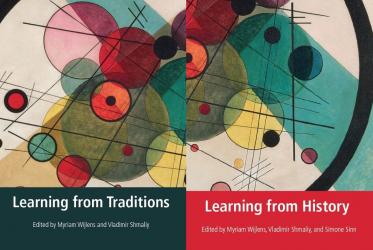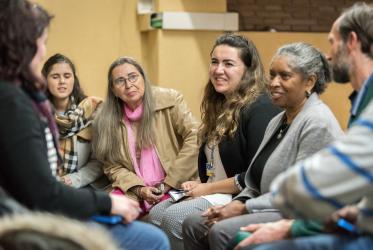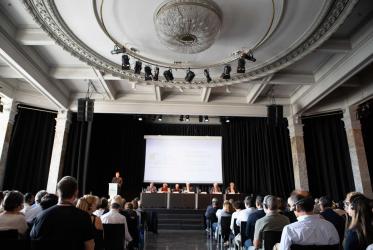Displaying 61 - 80 of 235
Rethinking Ecological Relationships in the Anthropocene era
11 - 13 February 2021
Healing Together
A Facilitator’s Resource for Ecumenical Faith and Community-Based Counselling
15 October 2020












